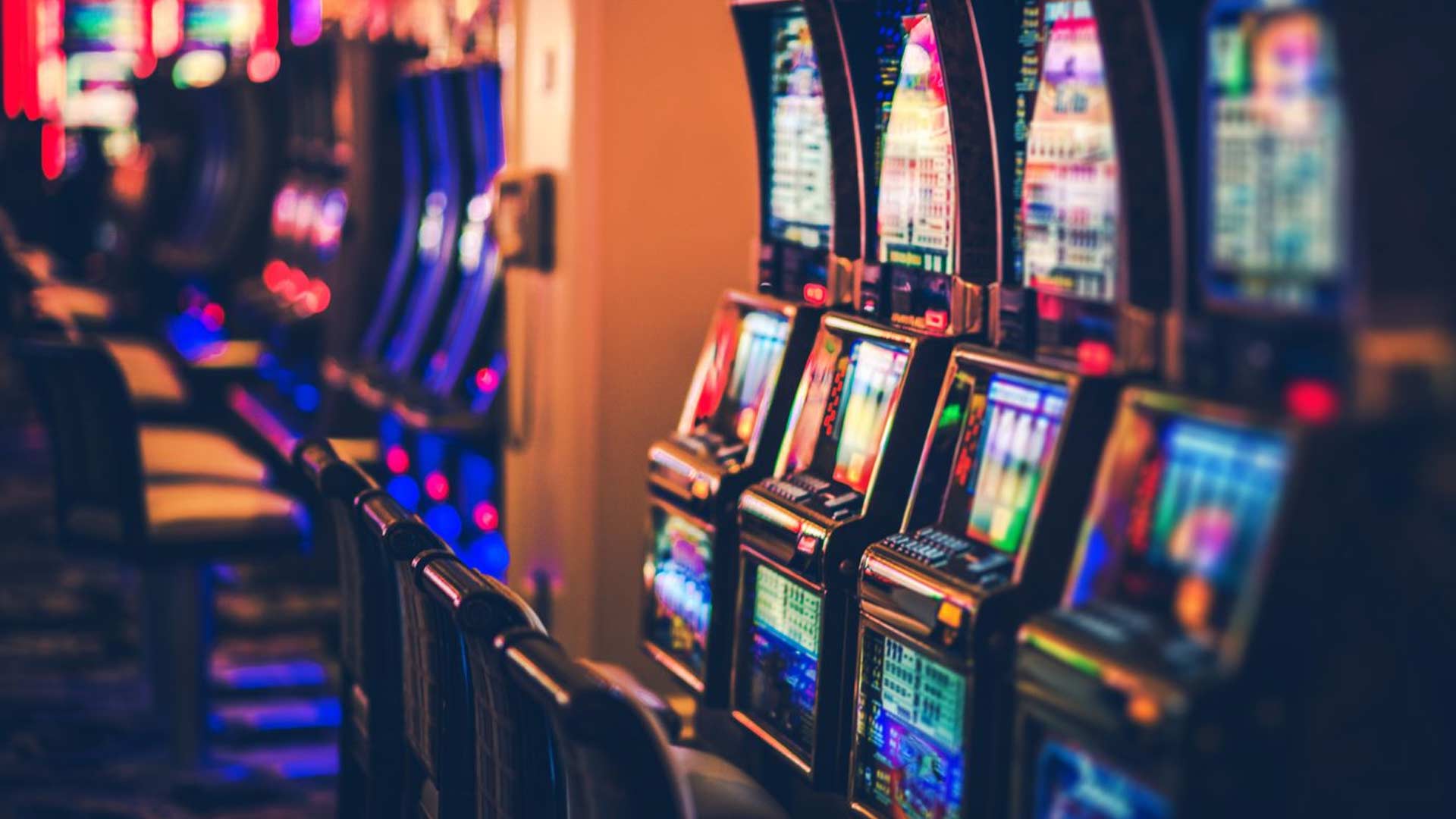The Psychology of Winning and Losing in Casinos
The Psychology of Winning and Losing in Casinos
Casinos, with their glittering lights, mesmerizing sounds, and the promise of instant fortune, are meticulously designed environments that tap deep into the human psyche. Beneath the surface glamour lies a complex interplay of emotions, cognitive biases, and deeply ingrained human behaviors. Understanding the psychology of winning and losing in these high-stakes arenas is crucial, not just for players, but for anyone seeking to comprehend the allure and potential pitfalls of gambling.
The Elation of Victory: A Dopamine Rush
There's an undeniable euphoria that comes with winning. When a player hits a jackpot or a favorable streak, the brain releases dopamine, a neurotransmitter associated with pleasure and reward. This creates a powerful positive reinforcement loop, linking the act of gambling with intense gratification. For many, this feeling transcends the monetary value; it's about the thrill, the validation, and the momentary sense of invincibility. This "winner's high" can lead to overconfidence, where players might attribute their success to skill rather than sheer chance. This is known as the "illusion of control" or the "hot hand fallacy," where a string of wins makes one believe they are on a roll and can't lose, leading to larger, riskier bets.
The Agony of Defeat: Chasing Losses and Cognitive Dissonance
Conversely, losing triggers a very different set of psychological responses. Frustration, disappointment, and even anger are common. The most dangerous psychological trap associated with losing is "chasing losses." This occurs when players, after a significant loss, feel compelled to keep playing, believing they can win back what they lost. This irrational behavior is fueled by desperation and a distorted perception of probability. The "gambler's fallacy" often plays a role here – the incorrect belief that past events influence future outcomes in independent trials (e.g., if red has come up five times in a row, black is 'due' next).
Cognitive dissonance also surfaces when losing. Players might rationalize their continued play despite mounting losses, telling themselves they "deserve" a win or that they were "close." This mental gymnastics helps reconcile the uncomfortable truth of losing with the desire to continue playing.
The Subtle Power of Cognitive Biases
Casinos thrive on exploiting natural human cognitive biases:
- Availability Heuristic: We tend to remember dramatic wins more vividly than numerous small losses. Casino floors are designed to highlight big winners, perpetuating the illusion that winning is more common than it is.
- Sunk Cost Fallacy: The more time or money a player has invested, the harder it is for them to walk away, even when losing. The perceived "investment" overrides rational decision-making.
- Near Misses: A slot machine stopping just one symbol short of a jackpot can feel almost like a win. Psychologically, near misses activate the same brain regions as actual wins, encouraging continued play with a false sense of being "close."
- Framing Effects: How information is presented can influence decisions. A bonus framed as "win $100" is often more appealing than "lose nothing."
Emotional Regulation and Responsible Play
The core challenge in a casino environment is emotional regulation. Excitement can lead to reckless betting, while despair can lead to chasing losses. Players who maintain emotional control, stick to a budget, and understand that gambling is primarily entertainment rather than a viable source of income are more likely to have a positive experience.
It's essential for individuals to recognize their own thresholds for risk and emotional resilience. Setting strict limits on time and money spent before entering a casino or engaging in online gaming is a cornerstone of responsible gambling. Understanding the odds, accepting that the house always has an edge, and being prepared to walk away – whether winning or losing – are key strategies for managing the psychological impact. For those looking for an immersive and responsible gaming experience, exploring options like m88 live casino can offer insights into how a diverse range of games can be enjoyed within a managed environment.
The Casino Environment as a Psychological Incubator
Casino layouts are intentionally disorienting, designed to minimize awareness of time and external factors. There are often no clocks or windows, creating a timeless bubble. Free drinks can impair judgment, and the continuous flow of lights and sounds maintains a state of heightened arousal, making it harder to disengage. The feeling of anonymity can also lead to more impulsive decisions than one might make in their daily life.
Conclusion
The psychology of winning and losing in casinos is a fascinating and complex subject. It's a testament to how deeply our emotions and cognitive biases influence our decisions, especially when money and excitement are involved. While the thrill of a win can be exhilarating, understanding the psychological traps of chasing losses, succumbing to fallacies, and the cunning design of the casino environment is paramount. By recognizing these psychological undercurrents, players can approach gambling with greater awareness, make more informed decisions, and ensure that their experiences remain a form of entertainment rather than a source of distress.
tag: M88,



